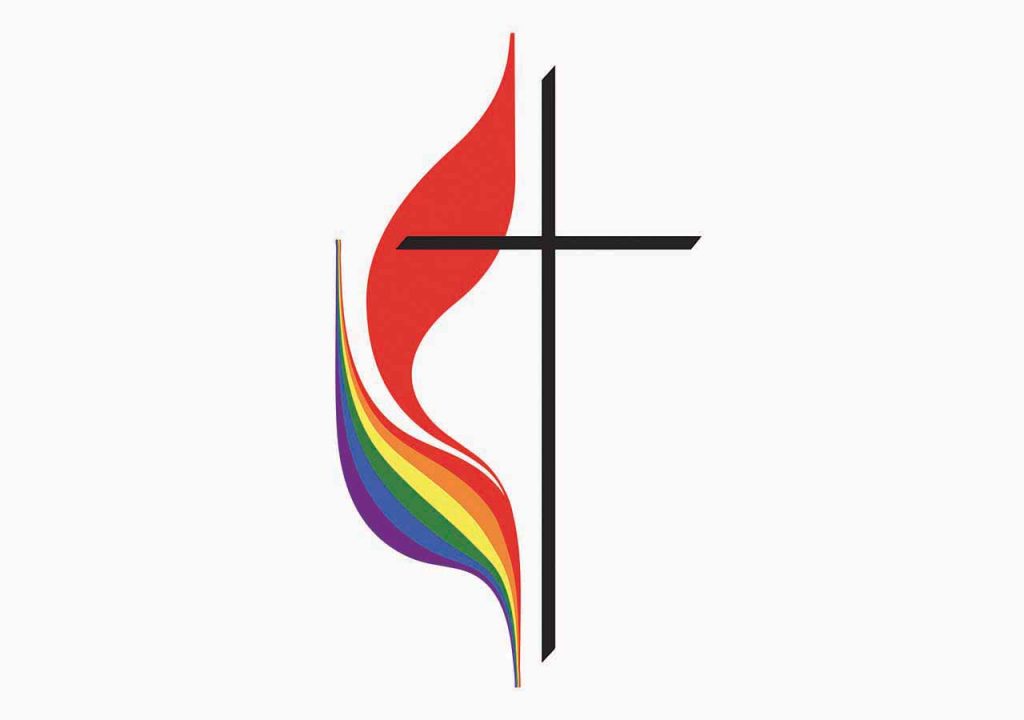
After years of debate, leaders of the United Methodist Church (UMC) have presented a plan to split into two denominations because of disagreements about the inclusion of LGBTQ people. Though the plan will need to be approved several times by UMC government bodies before being officially adopted, it leaves local congregations to decide which denomination it will choose to join.
“I think that some form of separation will happen at this general conference, but to say that something is going to pass or not pass is a hard call to make,” the Rev. Eddie Rester, lead minister at Oxford University United Methodist Church (OUUMC), said.
The Ole Miss Wesley Foundation — a campus ministry of the UMC — is also grappling with the emergence of the proposal to split. The Rev. Eddie Willis, director of the foundation, said that it is difficult to tell what will happen at the General Conference in May, but he highlighted the importance of the decision.
“It seems that it is now increasingly likely that by May 15, United Methodist(s) will find ourselves in a situation in which the current denomination now known as the United Methodist Church will evolve into at least two new denominations,” Willis said in an email.
Willis said that he did not believe that the Wesley Foundation’s normal activities would be affected by the decision, aside from a possible change in how it is supported by Mississippi’s Annual Conference and the role of fundraising to the group.
Willis said that if the denomination splits, the Wesley Foundation’s decision of which denomination to join would mostly be made by the local board of directors, which is responsible for overseeing day-to-day operations and governance of the Wesley Foundation. The decision would also involve the Board of Higher Education from the Mississippi United Methodist Conference and the district leadership, according to Willis.
“Both board members and students have asked questions about the future of United Methodism,” Willis also said. “Actually, some of my student leadership team members have asked questions about this topic for the 9 years I have been the director here. (Yes, there have been “rumblings” about a church split for that long).”
At OUUMC, members have also been discussing the potential decision. Rester said that both conservative and progressive members of the denomination have talked to him about the possibility of a divide, and many of them do not want to have to vote to make the decision on the local level.
“We have found a way to do ministry across our differences with our understanding of human sexuality for decades now, and people don’t want this single issue to change who we are and how we do ministry,” Rester said. “The major sentiment is, no matter what passes, we want our congregation to stay together.”
In the proposed plan for the denomination’s separation, the UMC would remove its restrictions for LGBTQ members, which currently include banning same-sex marriages and the ordination of openly LGBTQ people. If the proposal is approved, a new denomination with the current LGBTQ exclusions would form.
The UMC would give the new denomination $25 million over the next four years, and the new denomination would give up further claims to the UMC’s assets. The plan would also allocate $39 million “to ensure there is no disruption” for ministries in communities historically marginalized by racism, according to a statement from the Council of Bishops.
Though the proposal was created and approved by a diverse group of church leaders — some supporting and some opposing full LGBTQ inclusion in the denomination — it would still need to be written into legislation, approved by the judicial council, allowed to come to the floor of the General Conference with a suspension of the rules and approved with a final vote at the conference.
“There’s a long way between here and there,” Rester said. “It’s a compromise… They’re trying to avoid a horrible, bloody fight.”
Some churches have already chosen to leave the denomination in anticipation of a split, including one in Jackson, Tennessee. They decided to leave based on a vote by members of the church.
“I’ve really just tried to tell people to be patient. Take a breath,” Rester said, adding that he believes the decision that is made in the coming months will free churches to practice their faith as they believe it.




























